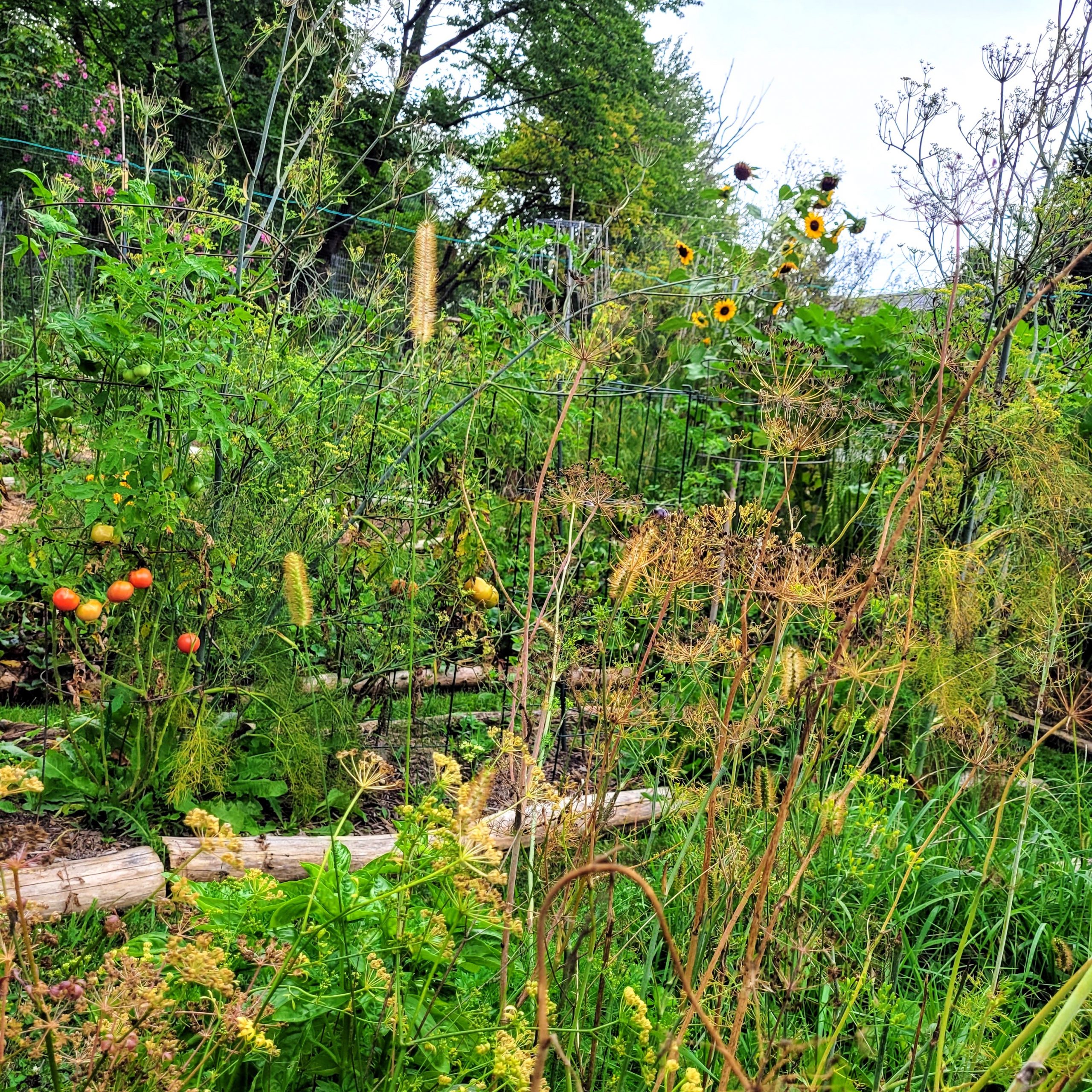Hospitality: An Industry or an Act of Discipleship?
“Let mutual affection continue. Do not neglect to show hospitality to strangers, for by doing that some have entertained angels without knowing it.” – Hebrews 13:1-2 (NRSVUE)
Firm, yet slightly soft to the touch. Golden yellow with a deep red blush kissing its shoulder. Sweet, fruity, tangy, with a subtle floral aroma capturing the quintessential smell and taste of summer. It truly was a sensory delight, boasting bright colors, an alluring aroma, and a flavor that caused my mind to do cartwheels, since the days of doing physical cartwheels are behind me!
Two weeks ago, I had the opportunity to enjoy my first summer peach while Travis and I were visiting his family in South Carolina, which for the record produces the most peaches of any state in the South — including Georgia, who endearingly likes to call itself “The Peach State.” Bless their hearts!
Given that folks in South Carolina know a thing or two about peaches, I was fortunate to be able to have that wonderful experience to kickoff the fantastic summer produce season — peaches, for sure, but also blueberries, cherries, plums, corn, tomatoes, fresh herbs, and more — in such a delightful and delectable way.
In fact, it was in this experience of eating that peach (and subsequent ones) that I was given the opportunity to marvel, once again, at the magnificence of God’s hospitality.
Yes, the peach did provide nourishment, which is one aspect of providing hospitality. However, the sheer variety of colors, textures, flavors, and scents of peaches — as well as other fruits, vegetables, legumes, and grains — demonstrate subtly, but profoundly, God’s unconditional love, kindness, and generosity for and towards us.
It is pretty common these days to think of “hospitality” as providing food to friends and family, or perhaps in terms of the multi-trillion-dollar global industry that includes hotels, restaurants, and often food-related tourist activities.
However, in past centuries, and really up until the 18th century, hospitality included not only sharing food with family and friends, BUT ALSO with strangers. And in addition to providing food, hospitality used to also include offering shelter and protection.
Extending hospitality was not only a common practice across cultures but also was fundamental to Christian discipleship. The Bible repeatedly demonstrates the richer, broader, expanded vision for what hospitality is and should be.
The supreme example is Jesus’ parable of the Good Samaritan.
During the third week of our summer series (the week of July 13th), we will explore the role of hospitality by looking at it through the lens of “what we eat.” We hope you will join us then, and in the meantime, we hope you will pause to consider the following reflection questions:
- What aspects of providing hospitality do you enjoy?
- What makes hospitality challenging (both offering and receiving it)?
- Where do you see your community of faith offering hospitality the way Jesus intended? In what ways could they fulfill that ministry more fully?
May All Be Well,
Karen H. Webster
HSHC Co-Founder/Executive Director
1“By the eighteenth century, hospitality was viewed by many as an antiquated practice, out of step with busy commercial society, a relic from an earlier time.” Christine D Pohl. Making Room: Recovering Hospitality as a Christian Tradition. Eerdmans Publishing Company, Grand Rapids, Michigan. 2024, p. 25.


